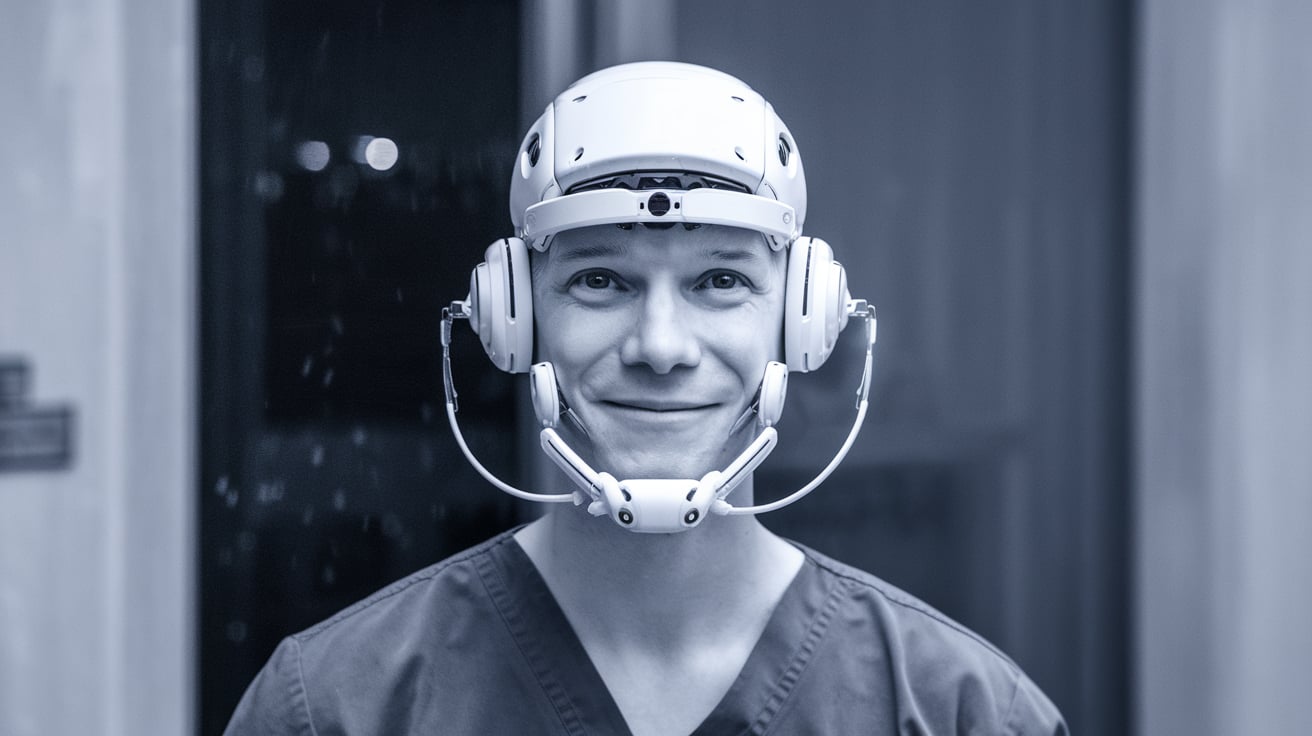
Suki, a Redwood City, California-based startup that builds artificial intelligence (AI) assistants for the healthcare industry, has successfully raised $70 million in a Series D funding round. This investment comes as interest in generative AI applications continues to grow within the healthcare sector.
The latest funding round was led by Hedosophia, a London-based tech investment firm, with additional contributions from Venrock and March Capital. While Suki did not disclose its valuation, sources familiar with the matter indicate that the funding round values the company at approximately $500 million. This new capital brings Suki's total funding to $165 million since its inception.
Founded in 2017 by former Google and Flipkart executive Punit Soni, Suki develops AI voice assistants aimed at reducing the administrative burden faced by healthcare providers. Its primary products, Suki Assistant and Suki Platform, have gained traction, particularly following the rise of OpenAI's ChatGPT, as healthcare systems across the country explore ways to integrate this technology into clinical workflows.
Soni commented, “When the AI trend kicked in, every health system wanted to have an AI strategy,” emphasizing the company's proactive approach in developing a proprietary tech stack tailored for the healthcare sector.
Suki has established partnerships with over a dozen health systems and boasts the broadest integration with various Electronic Health Record (EHR) systems, including Epic, Cerner (owned by Oracle), Athena, and MEDITECH. This extensive integration facilitates smoother adoption of AI technologies in clinical environments.
The recent funding will be allocated toward accelerating product development, enhancing existing features of the AI assistant, and building tools to manage the utilization of multiple AI models. Soni's vision includes continuing to innovate within the healthcare space to address evolving demands.
Suki competes with notable players in the healthcare AI space, such as Nuance, a Microsoft-owned company known for its Dragon Medical One software, which is widely used for speech recognition and clinical documentation. Other competitors include startups like Abridge, which has raised $150 million to develop its medical AI models.